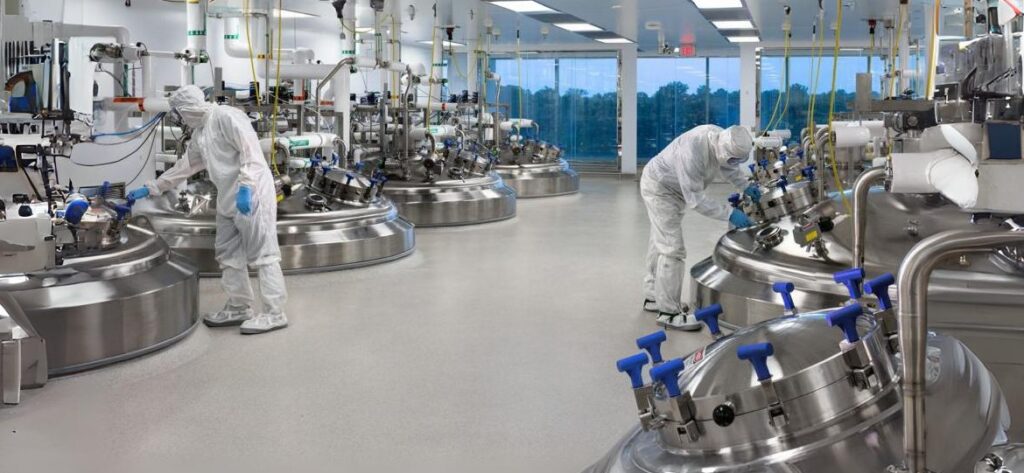July_New Drugs|Alzheimer's Disease Diagnostics and New Drug Opportunities Ready for Development
Commentator: Shin Chung-chul, Director of Health Center, Ji-Pu Industrial Trend Research Institute
Dementia is one of the greatest challenges in our aging society, and the fight against dementia is one of the most urgent and unmet medical needs of human beings around the world. Alzheimer Disease (AD) accounts for about 60% of all cases of dementia, and new diagnostics and therapies are breaking through the dilemma of treating AD, and are shedding light on the development of solutions to the problem of Alzheimer's Disease. It is currently believed that Alzheimer's disease has a slow course and continues to deteriorate over time. Although the exact onset of the disease is still debated, the brain of the patient is obviously shrinking, and the culprit may be the accumulation of abnormal proteins such as β-Amyloid and Tau proteins in the patient's brain, resulting in the death of nerve cells, which leads to neurodegeneration of the brain tissue atrophy and the β-Amyloid is a major cause of the early onset of Alzheimer's disease. Beta amyloid is an early pathological feature of Alzheimer's disease, which may appear as early as 10-15 years before the onset of the disease, and the removal of beta amyloid will undoubtedly have a certain effect on the course of the disease. Although there is no new cure for Alzheimer's disease, the development of new drugs has moved from treating the symptoms to treating the root cause, from the past to the removal of amyloid plaques by using symptomatic drugs such as acetyl cholinesterase and glutamate receptor inhibitors to slowing down the deterioration of the disease. Although the development of new drugs for Alzheimer's disease is still slow, with the approval of the marketing of the anti-beta amyloid antibodies, the approval of the new tau proteins, neuroinflammatory or GLP-1, etc., new treatment options are emerging. Although the development of new drugs for Alzheimer's disease is still slow, with the approval of anti-beta amyloid antibodies, new tau protein, neuroinflammatory or GLP-1 therapeutic options, etc., which are gradually revealing a new dawn, bringing new hope to patients and promoting the development of the Alzheimer's disease market, the development of new drugs for Alzheimer's disease treatment has become one of the trends of the hotspots of the new drug development.








